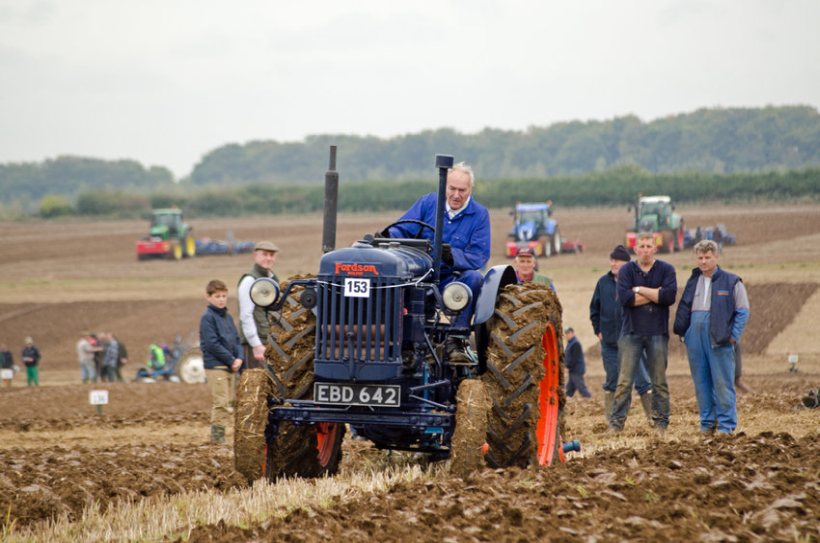HMRC backtracks on red diesel ban for ploughing matches

HMRC has backtracked over changes to rules on the use of red diesel which threatened the continuation of ploughing matches and charity tractor runs.
The legislation change, which was set to be introduced by the Treasury from 1 April, would have forbid the use of red diesel in vehicles for such purposes.
In his 2020 Budget speech, Rishi Sunak said the government would abolish the red diesel exemption for most sectors as it 'funds pollution'.
However, the Chancellor announced that it would be retained solely for agriculture, a strict definition which excluded ploughing matches or charity tractor runs.
The announcement was part of wider measures to ensure the UK reaches its net zero ambitions by 2050.
But organisers of ploughing matches and tractor runs had raised fears for the continued existence of their events due to the move.
Now the government has confirmed it will back down over the changes following pressure by farming industry groups.
SNP MP for Gordon Richard Thomson welcomed the decision, calling it a 'humiliating climbdown' for the government.
“This is excellent news for the organisers and participants in ploughing matches and other activities affected by the original ruling," he said.
"In reality things should never have got to this stage because we have been here before in 2008 when the UK government was forced to back down over a threat to agricultural shows using red diesel.
“It seems no lessons were learned from that time and a lot of needless concern has been caused to event organisers which was entirely avoidable."
He added: "Not to mention the costs involved as UK government now needs to go back and clarify the regulations being used by HMRC."
In 2008, the government tried to ban the use of red diesel in tractors which were being used to help with setting up agricultural shows but relented under pressure.








